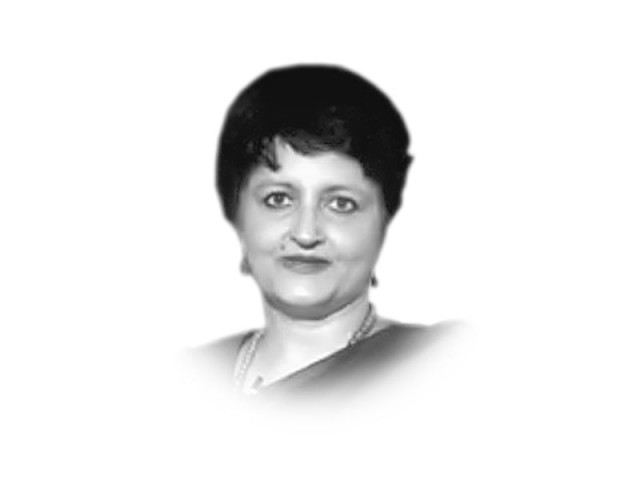
Thousands filled a sports stadium in Delhi to capacity as they listened to the chief ministers and political parties in power in at least six states of India, and the principal opposition in another four states, warn them of the consequences of communalism. The National Convention that was called by the Left parties — the Janata Dal (U) in power in Bihar, and the Samajwadi party ruling Uttar Pradesh — highlighted the dangers of communalism, and urged the enthusiastic crowd to fight against the forces seeking to divide India on the basis of religion. Enthusiastic slogans were raised as the milling crowds, not drawn from Delhi’s slick elite but from the urban poor and nearby villages, raised slogans for secularism. It was a heartening convention as it demonstrated, yet again, that despite the corporate controlled media’s positioning, there was a counter to the emergence of divisive personalities on the national scene.
Two major states of India, where the battle for the votes will be fought in the forthcoming general elections, were represented by the chief ministers, both of whom spoke a similar language and for the moment, at least, appeared to have buried a long-held hatchet of woes and imagined or real grievances. Both Nitish Kumar and Mulayam Singh vowed to fight communalism, and as their aides told this writer, the two political parties have directed their cadres to counter all efforts at creating violence in their respective states. This is, of course, easier said than done, but given the Samajwadi party government’s complete inefficiency, callousness and helplessness in Muzaffarnagar, it does seem that some lessons have been learnt. Mulayam Singh virtually apologised for inadequate action in controlling the Muzaffarnagar violence and assured the cheering crowds that his government would act firmly to “crush” communal forces. Even as one writes this, more deaths have been reported from Muzaffarnagar but unlike the last time, there seems to be a firm administrative response. However, time will determine how this particular chapter plays itself out.
The leaders gracing the stage at the National Convention against communalism have clearly not come together for love and affection. They have well publicised differences and as some of them said, the presence of one can still drive another away. They are canny politicians, with many of them suspected of clandestine relations with the same forces they are now promising to defeat. (Mulayam Singh is seen in this manner by many, as a case in point). But the threat of communalism is now threatening their existence and has brought the regional parties together under the aegis, of course, of the Left that still commands some respect in the political arena. The lampooning of everything progressive by the so-called mainstream media does not extend into the districts of India where the people are looking for alternatives that keep the poor, and not the rich, as the yardstick for India’s development. Growth for the poor means social equity and not percentages rattled out by finance ministers every year.
It is going to be a tough election. Hard-fought and bitterly contested. The state polls scheduled from next month will see a fight between the BJP and the Congress, as there are no big regional players in the states scheduled to face the electorate in this round. In other words, election season has begun in right earnest and real politics has taken over the Indian national scene.
Figures from India’s freedom struggle are being brought into the struggle between communalism and secularism, with the forces that killed Gandhi, now pretending to be the inheritors of Sardar Patel’s legacy. Prime Minister Manmohan Singh did give a befitting response by pointing out that Patel was a member of the Indian National Congress at the time, and did not join or support, or for that matter, even mentor, the right-wing forces that were responsible for the assassination of Gandhi. However, be this as it may, the point is that the fightback against communalism will have to be coordinated, comprehensive and sharp for it to succeed.
Published in The Express Tribune, November 2nd, 2013.
Like Opinion & Editorial on Facebook, follow @ETOpEd on Twitter to receive all updates on all our daily pieces.




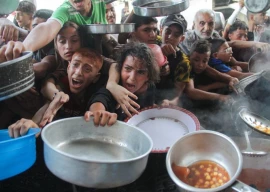

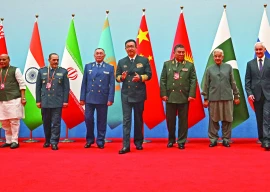
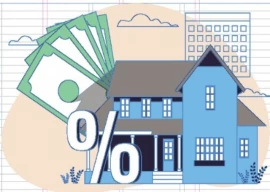
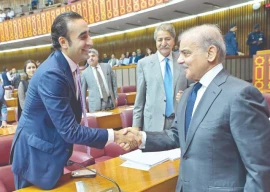
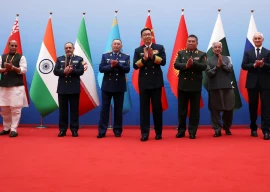
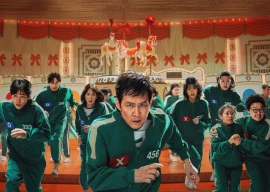







COMMENTS
Comments are moderated and generally will be posted if they are on-topic and not abusive.
For more information, please see our Comments FAQ